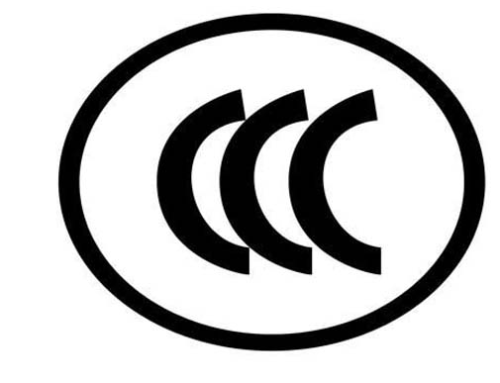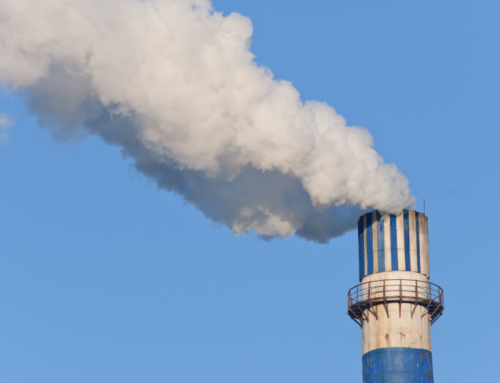On 12 April, 2024, the State Administration of Market Regulation (SAMR) issued a call for comments on the “Guiding Opinions on Strengthening the Supervision of Standard Setting and Implementation (Draft for Comment)”. The deadline for submitting comments is set on 13 May, 2024. This is a comprehensive policy intended to enhance the development and oversight of standardization, in accordance with China’s Standardization Law and the National Standardization Development Outline. Below is a summary of the key highlights of the document:
Objectives:
The document aims to strengthen the supervision of the standard setting and implementation process, with the aim of supporting high-quality development through a more effective standardization governance structure. It outlines an ambitious goal to establish, by the end of the 14th Five-Year Plan period, a set of supervision mechanisms covering the entire lifecycle of standard setting and implementation.
Tasks and Responsibilities:
The document proposes to
- Intensify supervision over the creation and enforcement of mandatory national standards, which are viewed as technical regulations essential for ensuring safety and compliance.
- Promote the dissemination and implementation of recommended standards, while monitoring and facilitating their adoption across various administrative levels and sectors.
- Address and correct problems in standard drafting, such as conflict of interest or undue competitive advantages.
- Enhance the transparency and public accessibility of standard texts, ensuring that standards are implemented fairly and efficiently.
Mechanisms for Supervision:
The document calls for the:
- Establishment of a routine monitoring and feedback mechanism to continuously assess the effectiveness and enforcement of standards.
- Implementation of supervision and random checks throughout all phases of standard setting and implementation, to ensure compliance and to address any deviations in a promptly manner.
Promotion of International Standards:
The document stresses that SAMR will strengthen the role of domestic technical bodies in the development and voting processes of international standards. The goal is to enhance China’s influence and compliance with global norms.
The draft policy document reflects a significant effort to refine China’s standardization process and enhance its efficiency, transparency, and alignment with international norms. Its proposals to conduct random checks during the supervision of standard setting and implementation, combined with the establishment of a national standard implementation monitoring network, will help further identify the quality of standards and lay the foundation for future improvements in standardization work.
However, some controversial statements are highlighted in the document, such as “promoting enterprises to disclose their implemented standards on the public service platform for enterprise standards, urging enterprises that do not disclose their standards as required to rectify within a specified deadline, to avoid being publicly listed on the public service platform for enterprise standards as non-compliant.” The lack of clear criteria for disclosing information on standards, especially enterprise standards, is expected to create dual barriers in enterprise execution and government regulation.




